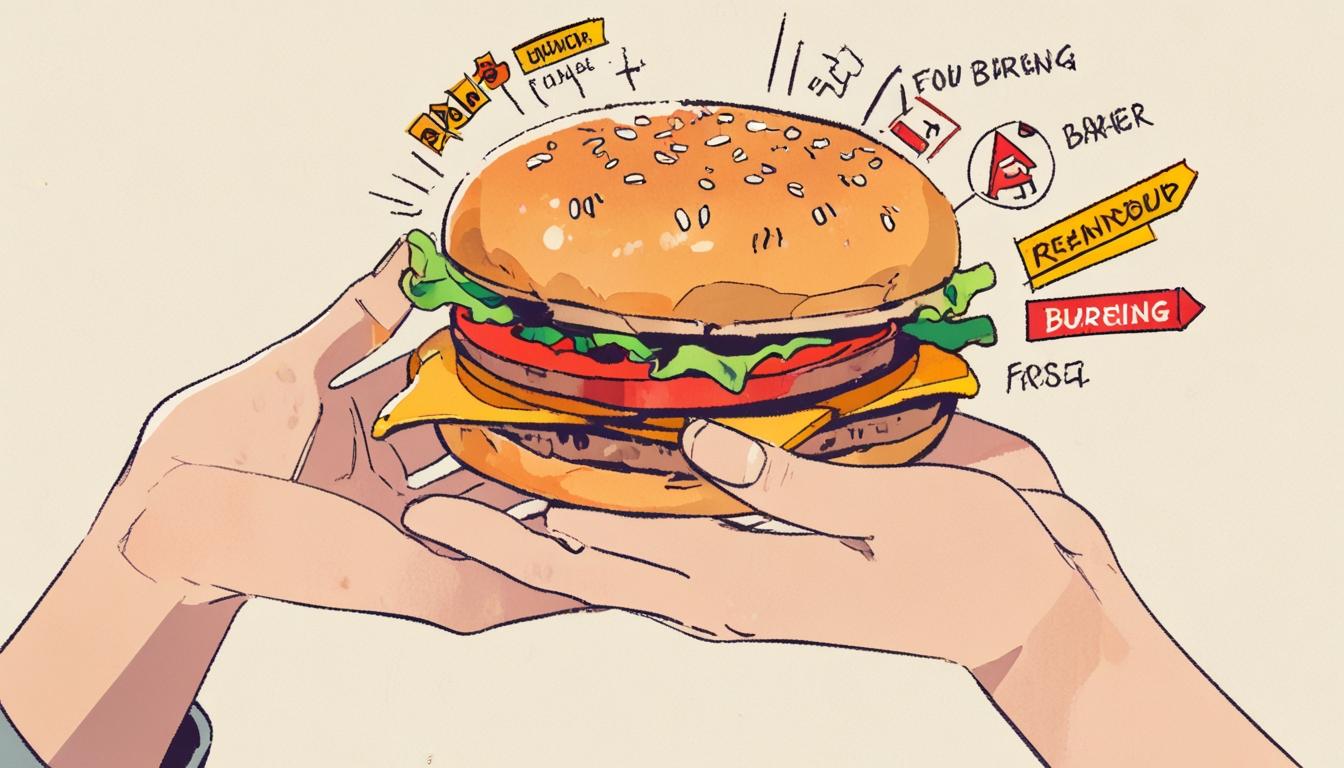A recent study has highlighted the potential link between the consumption of ultra-processed foods (UPFs) and premature deaths across several countries, including the United States and the United Kingdom. Ultra-processed foods, which often contain high levels of sugar, salt, and unhealthy fats, are estimated to make up over 70% of the US food supply. These foods include packaged snacks, sugary drinks, processed meats, and sweetened breakfast cereals.
The research, published in the American Journal of Preventive Medicine, examined data from the US and seven other countries to assess the percentage of premature, preventable deaths that could be attributed to the consumption of UPFs. The countries involved in the study were Colombia, Brazil, Chile, Mexico, Australia, Canada, the UK, and the US, with levels of UPF consumption ranging from low to high.
Carlos Augusto Monteiro, emeritus professor of nutrition and public health at Brazil’s University of São Paulo and co-author of the study, explained to CNN, “We looked at the risk of a person dying from eating more ultra-processed foods between the ages of 30 and 69, a time when it would be premature to die.” The research found that the risk of early death increases by nearly 3% for every 10% increase in calories derived from ultra-processed foods.
Lead investigator Eduardo Augusto Fernandes Nilson revealed that, in 2018, approximately 124,000 premature deaths in the US were attributable to UPF consumption. The team constructed a computer model analysing data from nearly 240,000 people and almost 15,000 deaths to arrive at these figures.
The study’s results showed considerable variations between countries. In Colombia, which had lower UPF consumption, around 4% of premature deaths were associated with these foods. By contrast, the UK and the US, both countries with high UPF intake, had nearly 14% of premature deaths linked to such consumption. Brazil, with low UPF consumption, and Chile, Mexico, Australia, and Canada, all with intermediate to high consumption levels, were also part of the analysis.
The researchers concluded that “ultra-processed food intake contributes significantly to the overall burden of disease in many countries,” recommending that efforts to reduce their consumption be included in national dietary guidelines and public health policies.
Despite these findings, some experts raised concerns regarding the study’s conclusions. Nerys Astbury, an associate professor of diet and obesity at the University of Oxford who was not involved in the research, told CNN that the study could not definitively establish that deaths were directly caused by UPF consumption.
The findings also drew criticism from the food industry. Sarah Gallo, senior vice president of product policy for the Consumer Brands Association, which represents food manufacturers, told the New York Post, “This is another example of a misleading study that will ultimately lead to consumer confusion. Currently, there is no scientific agreement on the definition of ultra-processed foods.” Gallo further argued that “demonizing convenient, affordable and shelf-ready food and beverage products could limit access to and cause avoidance of nutrient-dense foods, resulting in decreased diet quality, increased risk of food-borne illness and exacerbated health disparities.”
The study adds to growing discussions about the health impacts of ultra-processed foods on populations worldwide, particularly in countries where these products constitute a large part of the diet.
Source: Noah Wire Services
